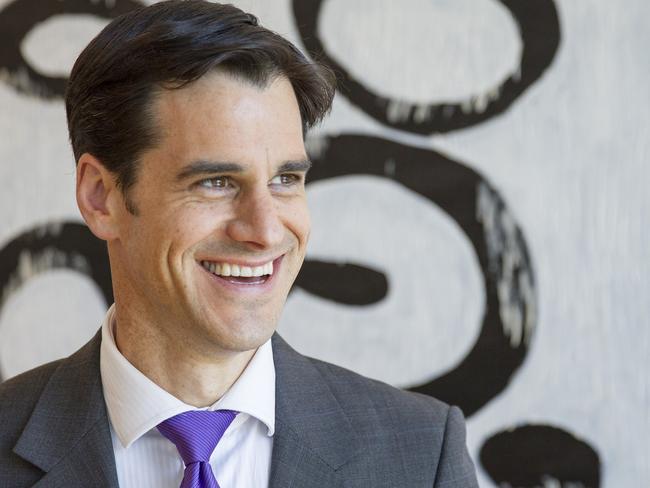Australia’s bigger, older ‘sandwich generation’ caught in the middle financially and emotionally at home
THIS group of Australians is under increasing pressure at home. They’re being financially and emotionally squeezed and there’s no end in sight.
Costs
Don't miss out on the headlines from Costs. Followed categories will be added to My News.
EXCLUSIVE
AUSTRALIA’S sandwich generation — people squeezed financially and emotionally by ageing parents and children who won’t leave home — is expanding and growing older fast.
Fresh population data paints a picture of households under pressure at a time they should be aggressively saving for retirement, and analysts and advisers expect the situation to worsen.
Dramatic falls in home ownership for young people, cost of living pressures, an ageing population and government moves to keep seniors out of nursing homes are forcing more Generation Xers and Baby Boomers to give extra care to their families.
“It’s no longer a 30 to 40 year old being sandwiched — it’s more likely a 50-something,” said social researcher Mark McCrindle.
RELATED: Kids want their inheritances early
Melbourne Institute research last month found non-traditional household types had increased in the past 15 years, and the proportion of 22-25 year olds still living with their parents has jumped from 43 to 60 per cent of males and from 27 to 48 per cent of females.

Separate Census data from the Australian Bureau of Statistics shows a 100-year decline in household sizes has reversed, rising from 2.5 to 2.6 people in the last Census after dropping since 1911, when it was 4.5 people.
“The sandwich generation has created larger households than we otherwise would have had, and is set to continue,” Mr McCrindle said.
RELATED: Household debt levels have doubled
“Generation Xers and younger Baby Boomers are being sandwiched at both ends. The squeeze is financial as well as emotional.

“Government policies are encouraging people to remain more independent and not move into institutional care. It means people are remaining in private households, and when age and frailty give way that’s when the children step in.”
Mr McCrindle said people caught in the middle were themselves feeling the financial pinch from higher household debts and rising living costs such as energy bills while wages remained flat.
Catapult Wealth director Tony Catt said he was seeing people starting retirement saving plans much later in life “because of the maintenance of children” still living at home.

“There’s a knock-on effect,” he said.
“A lot of households from a cost of living point of view need two people that work. It’s one thing looking after kids, but as soon as you get a sick or aged parent it tips people over in terms of time and commitments.
“I think this situation is going to get worse before it gets better.”
Mr Catt said the best way for people to manage the generational squeeze and prevent angst was early communication. “Ask the ‘what ifs’. What are the family’s expectations of each other?”
Family generosity goes both ways, with Mr Catt noticing more grandparents offering financial help — particularly with education costs and home deposits.


